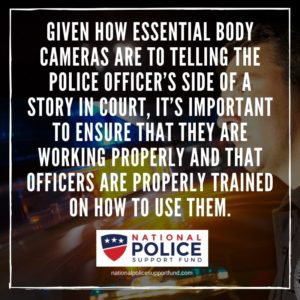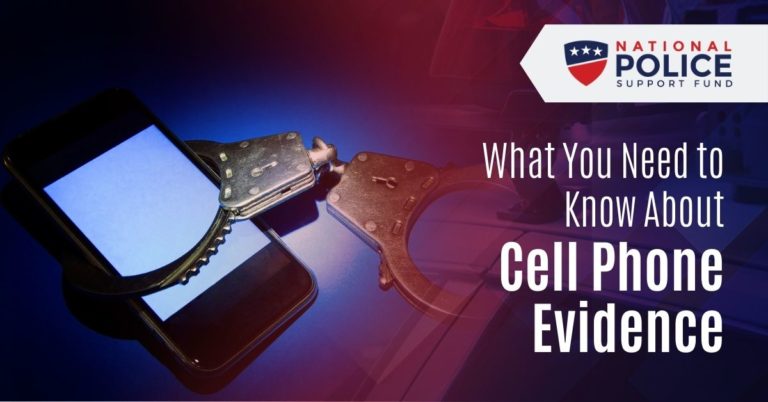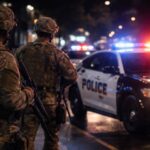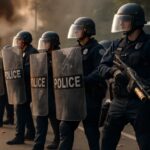Smartphones have fundamentally changed the way police do their jobs. In addition to body cams, nearly everyone they interact with now has a camera in their pocket ready to record an officer’s every move.
However, just because something is recorded does not mean it will be admissible in court. Here’s what you need to know about cell phone video and how you can protect yourself in the line of duty:
Legal Court and the Court of Public Opinion
Over the summer, cell phone video showing alleged officer brutality against George Floyd went viral and sparked a national protest. While these videos receive a lot of media attention, do they actually mean anything in the court of law?
The answer depends on where the alleged crime took place and how invested the person who took the video is in the case. While anyone is allowed to film on public property, they are not legally obligated to turn over the video to investigators.
“When in public spaces where you are lawfully present you have the right to photograph — still or video — anything that is in plain view,” Jay Stanley, a senior policy analyst for the American Civil Liberties Union’s Speech, Privacy, and Technology Project, told HowStuffWorks. “That includes the freedom to shoot video of police officers, as long as you don’t jump into the middle of the action and get into their way.”

However, it’s not always in a bystander’s best interest to turn over videos as part of an investigation. Doing so could make them a witness in the case and attract a lot of unwanted media attention, both of which could be detrimental to their families and livelihoods. Whenever someone Googles their name moving forward, articles related to the video and the incident will be among the first things to come up.
Police and attorneys can obtain a warrant for cell phone video but are not usually inclined to do so unless there’s reason to believe the person who captured it will delete or otherwise destroy it.
In the end, just because there is a video of an incident does not mean that it will show up in court. A judge must allow the video to be entered into evidence, which is not always the case if the prosecution and defense don’t agree on the video’s accuracy or presentation of the events in question.
“Either the photographer or the bystander have to say this is a true and accurate representation of the scene or objects that we saw that day,” Ronald L. Carlson, Fuller E. Callaway Chair of Law Emeritus at the University of Georgia School of Law, told HowStuffWorks. “Somebody who was involved in the fight or whatever was captured in the video might testify that it distorts or misrepresents how things went down.”
Body Cams and De-Escalation
Because cell phone footage is so ubiquitous these days, police body cameras are more important than ever in helping tell an officer’s side of the story in court. Written police reports can be difficult to interpret or be taken out of context by judges and juries, but it’s difficult to argue or misconstrue a video.
“When it comes to times where you can use that video as direct evidence, I think it certainly tells a tall message,” says Bobby Kipper, a former police officer and founder of the National Center for the Prevention of Community Violence, told Rasmussen College.
Given how essential body cameras are to telling the police officer’s side of a story in court, it’s important to ensure that they are working properly and that officers are properly trained on how to use them. Not having available body cam footage can add to the popular media narrative that police are trying to cover things up or prevent the release of something that will portray an officer in a negative way.
Cell phone footage also provides an opportunity for police leaders to address bad apple officers in their units and focus on techniques that involve de-escalation, not violence. PoliceOne has training videos and other resources that demonstrate these techniques.
“What you’re seeing is police administrators across the country who are saying, ‘This is not the conduct of every man and woman in our police department. This is the conduct of one or two individuals and we’re going to deal with them appropriately,'” Cedric Alexander, former public safety director at the DeKalb County Police Department in Georgia, told CNN.
Over the past few months, public officials across the country have taken drastic steps that demonstrate their lack of respect for the very people who work to keep their cities safe day in and day out. Let’s take a closer look at what’s happening and what we can all do to stand up for our fellow officers. Read more here.








